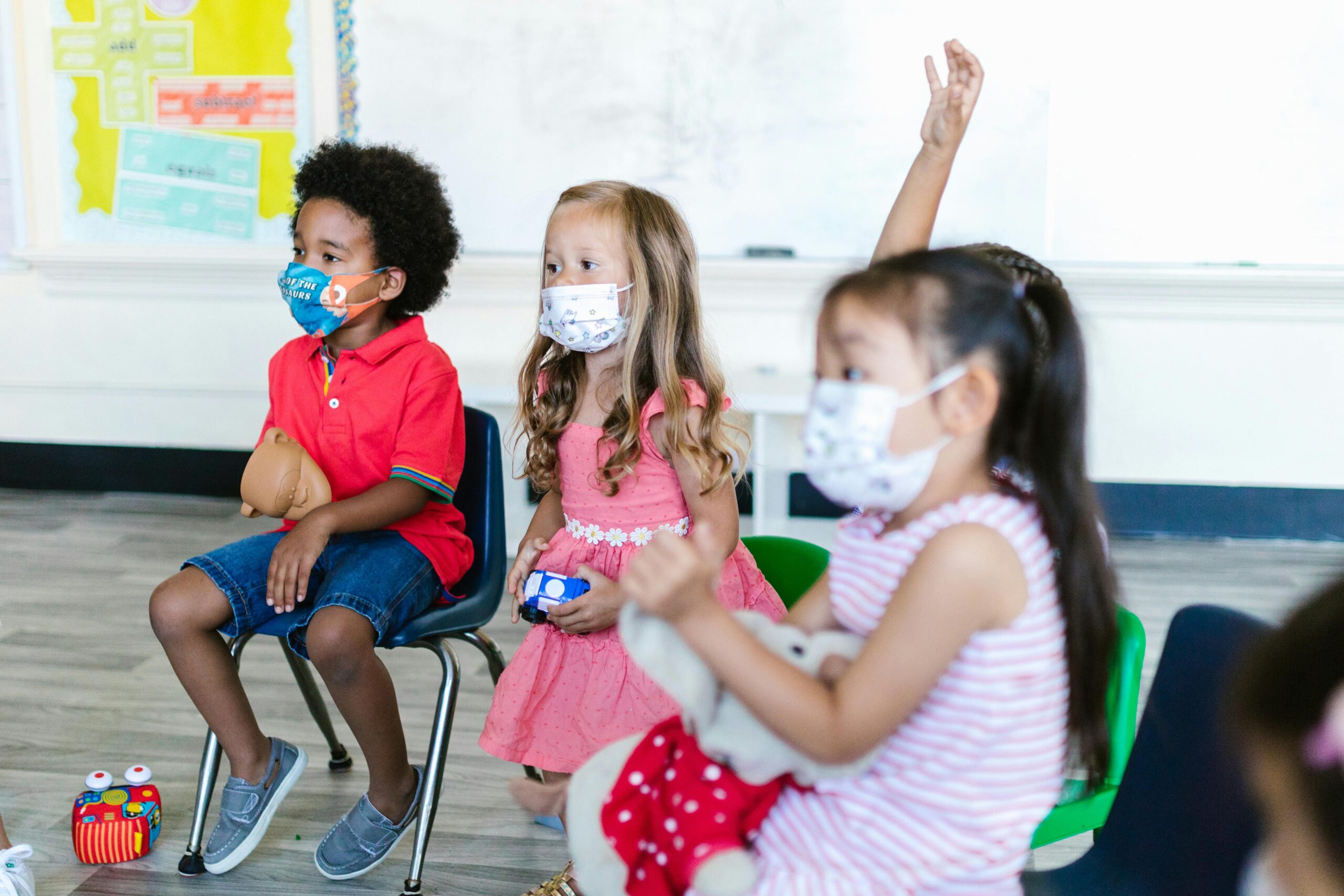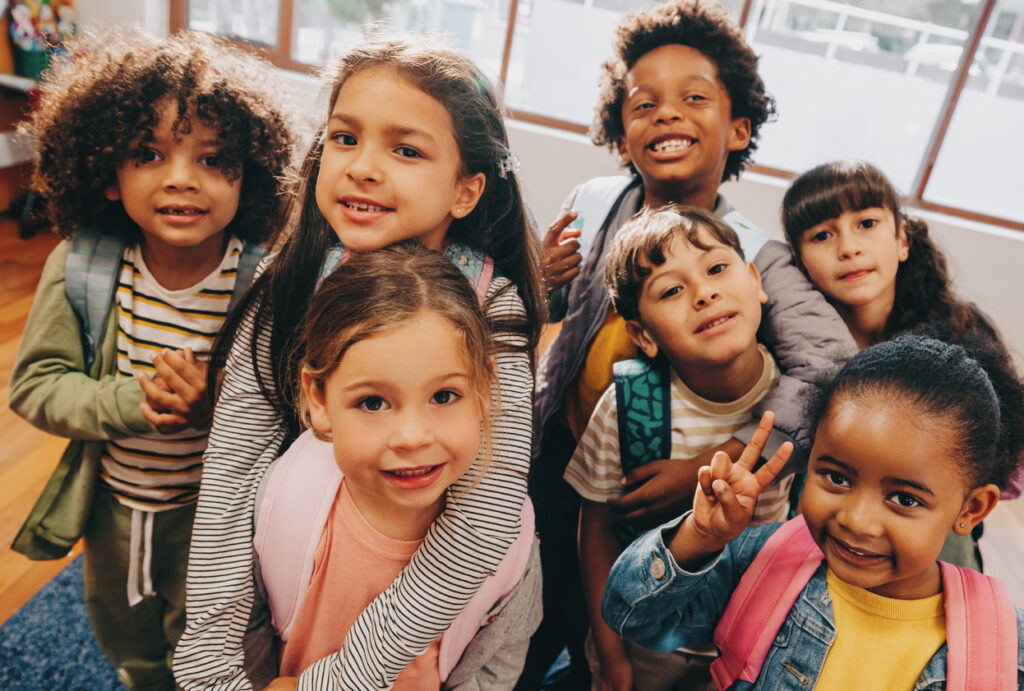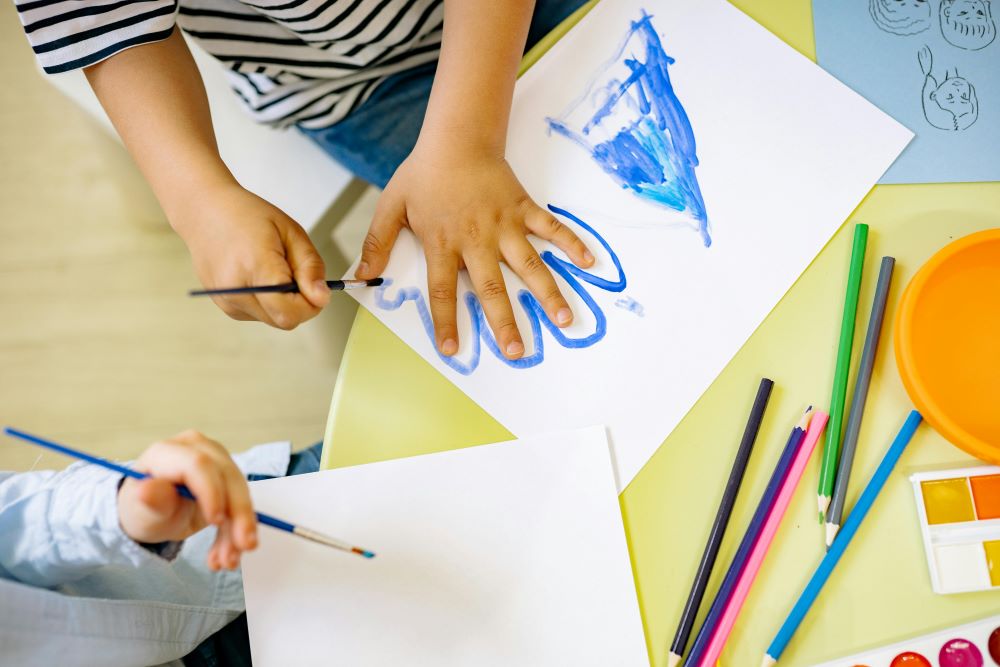
COVID-19 팬데믹이 미취학 아동의 인지, 사회정서 및 실행 능력에 미치는 영향 탐구
COVID-19 팬데믹으로 인해 2020년 봄, 대다수 학교가 문을 닫았고, 유치원도 예외는 아니었습니다. 고학년 아동의 학습은 원격 및 가상 환경으로 전환되었습니다. 그러나 기술 사용 경험이 부족하고 주로 놀이와 사회적 상호작용을 통해 학습하는 미취학 아동들은 유치원 교육을 계속할 수 있는 선택권이 없는 경우가 많았습니다. 사실은, 연구에 따르면유치원은 계속 운영할 수 있도록 허용되었지만, 88%의 부모가 센터를 폐쇄했습니다.
유치원이 계속 운영되고 있음에도 불구하고, 59%는 자녀를 학교에 보내지 않기로 했다고 보고했습니다. 따라서 팬데믹 영향을 받은 아동 표본 중 약 92%는 2020년 봄에 어떤 유치원 프로그램에도 참여하지 않았습니다.
이러한 현실과 미취학 아동의 기술에 대한 전염병의 영향에 대해 수행된 제한된 연구를 알고 있는 Denver Preschool Program의 평가 및 영향 담당 수석 이사는 크리스탈 시스네로스Ed.D.는 시카고 대학의 NORC(객관적이고 비당파적인 연구 기관)의 Vi-Nhuan Le, 콜로라도 덴버 대학의 Diana Schaack, 덴버 공립학교의 Jolene Gregory와 함께 COVID-19로 인해 유치원이 폐쇄되기 전과 후의 데이터를 수집한 종단 연구 설계를 통해 다음과 같은 질문을 탐구했습니다.
- 팬데믹의 영향을 받은 미취학 아동의 인지적, 사회적 정서적, 실행 기능적 성과는 팬데믹의 영향을 받지 않은 이전 연령대의 아동 성과와 어떻게 비교됩니까?
- 이러한 결과는 가족 소득 수준에 따라 차이가 있습니까?
그들의 연구 결과는 다음과 같습니다. “COVID-19 팬데믹이 미취학 아동의 인지, 사회정서 및 실행 기능 기술에 미치는 영향” 최근에 출판되었습니다 세이지 저널
팬데믹이 미취학 아동에게 미치는 영향에 대한 장기적인 고찰
본 연구는 DPP의 연례 평가 과정에서 수집된 데이터를 분석했습니다. 본 연구는 팬데믹 기간(2019-2020년)에 등록된 미취학 아동의 결과와 COVID-19 발생 직전(즉, 2016-17년, 2017-18년, 그리고 2018-19년)에 유치원에 등록된 DPP 아동의 세 코호트의 결과를 비교했습니다.
2017년부터 2018년까지 부모를 대상으로 아동의 사회정서적 및 실행 기능 성과를 평가하기 위한 설문조사가 실시되었습니다. 분석 대상 연도 전체에 걸쳐, 연구진은 미취학 및 유치원 초기에 아동의 인지 능력을 평가하기 위해 아동에게 직접 시행된 표준화된 평가도 검토했습니다.
흥미롭게도, “COVID-19 팬데믹이 미취학 아동의 인지, 사회정서 및 실행 기능 기술에 미치는 영향” "초기 문해력이나 수용 어휘에는 지체가 없었지만, 초등 수학에서는 학습 지연이 있다는 증거가 발견되었습니다. 팬데믹의 영향을 받은 어린이 61%가 팬데믹 이전 어린이의 평균 점수보다 낮은 점수를 받았습니다."
이 연구는 행동 문제, 사회정서적 보호 요인, 억제, 그리고 작업 기억력에서 팬데믹 이전 집단과 비교했을 때 주목할 만한 단점을 발견했는데, 팬데믹 이전 집단은 이러한 영역에서 13%에서 18%p의 이점을 보였습니다. 행동 문제는 통계적으로 가장 유의미한 시차를 보였는데, 저소득층과 고소득층 가정의 아동 모두 팬데믹 이전 또래 집단에 비해 20%p의 불리함을 보였습니다.
연구 결과에 따르면, 팬데믹과 관련된 미취학 아동의 학습 손실은 저소득층과 고소득층 아동의 사회적 정서적 능력과 실행 기능 능력에 서로 다른 영향을 미쳤지만, 결과가 항상 통계적으로 유의미한 것은 아니었습니다.
해당 논문에 따르면:
- "저소득층 가정의 팬데믹 영향을 받은 어린이는 통계적으로 유의미하지는 않지만 작동 기억력에 있어서 적당히 큰 불리함을 보였으며, 저소득층 가정의 팬데믹 이전 동료들에 비해 16% 포인트의 불리함을 보였습니다."
- "고소득 가정의 아이들은 저소득 가정의 아이들보다 억제력이 현저히 떨어지는 것으로 나타났습니다."
“COVID-19 팬데믹이 미취학 아동의 인지, 사회정서 및 실행 기능 기술에 미치는 영향” 발달 지연을 분석한 최초의 연구 중 하나였습니다. 팬데믹으로 인해 미취학 아동의 유치원 입학 준비 기술이 저하되었습니다.
DPP는 10년 이상의 연구를 통해 양질의 유치원이 유치원 및 그 이후 아동의 성공에 미치는 영향에 대한 연구를 지속적으로 수행해 왔습니다. 저희 연구 결과에 대한 자세한 내용은 영향 페이지.



